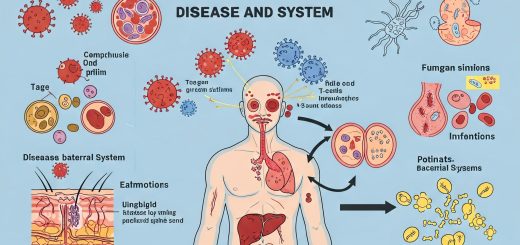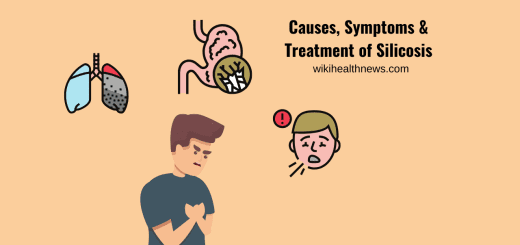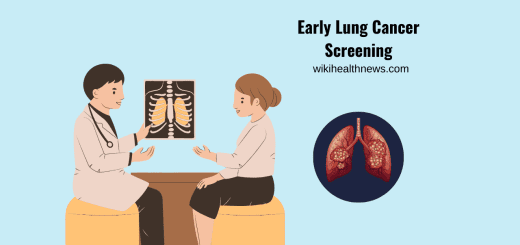Benefits Of Low Carbohydrate Diet

What are carbohydrates?
Carbohydrates are made up of either simple sugars or complex molecules made from simple sugars. Depending on how the sugars are combined, they are called disaccharides, oligosaccharides and polysaccharides. Our body uses carbohydrates as its main fuel source. During digestion process, complex carbohydrates are broken down into simple sugars which get absorbed easily into blood. Our body can circulate only simple sugars like glucose in the blood stream which is used as a fuel by the cells.
What is the difference in consuming simple or complex carbohydrates?
Simple carbohydrates are sugars. They consist of just one or two molecules. They provide a rapid source of energy, but the consumer soon feels hungry again. Examples include white bread, sugars, and candies.
Complex carbohydrates consist of long chains of sugar molecules. They tend to fill up for longer, and they are considered more healthful, as they contain more vitamins, minerals, and fibre. Examples include fruits, vegetables, pulses, and wholemeal pasta, brown rice. They give a feeling of satiety and not absorbed fully into blood stream as our body cannot digest the dietary fibres. Dietary fibres also help in bowel cleaning and reduce chances of colon cancer. They are found in most green vegetables whereas polished grains like rice or wheat contain more percentage of simple carbohydrates.
What is a LOW CARB plan?
A low-carb diet is generally used for losing weight. Some low-carb diets may have health benefits beyond weight loss, such as reducing risk factors associated with type 2 diabetes and metabolic syndrome.
A diet containing 20 to 60 grams of carbohydrates is typical with a low-carb diet. These amounts of carbohydrates provide 80 to 240 calories.
To lose 1 to 1.5 pounds (0.5 to 0.7 kilogram) a week, reduce your daily calories by 500 to 750 calories.
What are the health benefits of low carbohydrate diet?
In general, natural complex carbohydrates are digested more slowly and they have less effect on blood sugar. Natural complex carbohydrates provide bulk and serve other body functions beyond fuel.
Low-carb diets may help prevent or improve serious health conditions, such as metabolic syndrome, diabetes, high blood pressure and cardiovascular disease. In fact, almost any diet that helps shed excess weight can reduce or even reverse risk factors for cardiovascular disease and diabetes. Most weight-loss diets — not just low-carb diets — may improve blood cholesterol or blood sugar levels, at least temporarily.
Check with your doctor before starting any weight-loss diet, especially if you have any health conditions, such as diabetes or heart disease.












